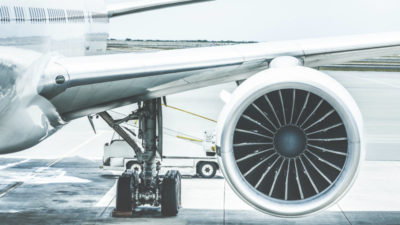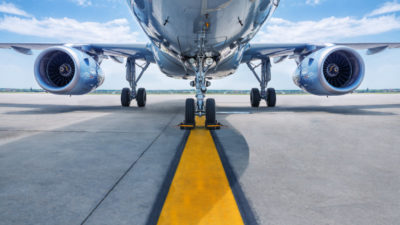The shares of Air Canada (TSX:AC) staged a rally in the last week of April. As of April 29, 2020, the stock has climbed 78.2% to $21.65 from $12.15 last March 19, 2020. However, the year-to-date loss is 55.4%. There’s a semblance of resiliency at the moment, although it could tailspin again.
Canada’s flag carrier is not out of the danger zone. Fasten your seatbelts, as three factors can cause the stock to go down to $0. Air Canada could be incapacitated for good.
No bailout
Air Canada’s CEO Calin Rovinescu is aware of the unprecedented challenges and is confident that Air Canada can weather the storm. You can admire the bravado but can’t dismiss the company’s unstable situation. One of the world’s largest airlines is in desperate need of federal support, if not a massive bailout.
The outsized gains of investors over the past decade are unlikely to happen again. Air Canada’s market capitalization is down to $5.71 billion when it stood at $13.83 billion in January 2020. The 58.7% erosion in value is staggering. Ironically, the stock ranked seventh in the TSX 30 List in 2019.
About 16,500 employees were laid off due to the 90% reduction in seat capacity and operations. Air Canada will be availing of the 75% wage subsidy by the federal government to help its displaced workers.
It is highly doubtful that the travel business will return to normal soon. With mounting losses and debt, Air Canada is facing a shocking scenario. Government help is of strategic importance. The airline industry, Air Canada in particular, is vital to the economy.
Demand not returning
Air Canada’s long runway for growth is no longer visible. For any long-term growth trend to appear, it would need to struggle before returning to the pre-coronavirus level. Travel curbs are likely to extend until mid-year. Many problems are looming if airline companies attempt a restart plan.
Aside from the different timelines by countries for reopening, confidence in air travel will remain at an all-time low for months. Likewise, there will be stricter measures not only in security but in health as well. Air Canada would be lucky to resume flights with only 50% or less capacity.
Industry instability
The future of the airline industry is hanging by a thread. It may take several years for major airline companies, including Air Canada, to recover. COVID-19 triggered an unprecedented drop-off. In 2020, the International Air Transport Association (IATA) projects the global industry to lose US$252 billion.
Unlike the previous crisis, the present travel restrictions cover the whole world. As a result, many airline companies will meet their doom while others will survive but struggle to stay alive.
Expect the airline industry to be unstable for a couple of years. The global recession is yet to come, and online meetings will reduce the volume of the more profitable business travels. These factors will delay the recovery period.
Boom or doom
No less than a bailout is needed for Air Canada to continue operating. If the federal government decides to take an equity stake, shareholders will be diluted. Whatever shape or form the help will be, it will seal Air Canada’s fate.








